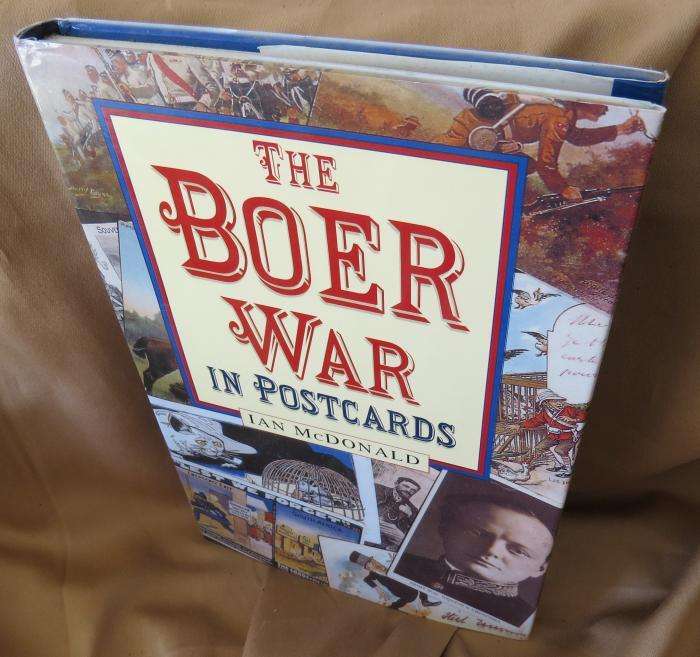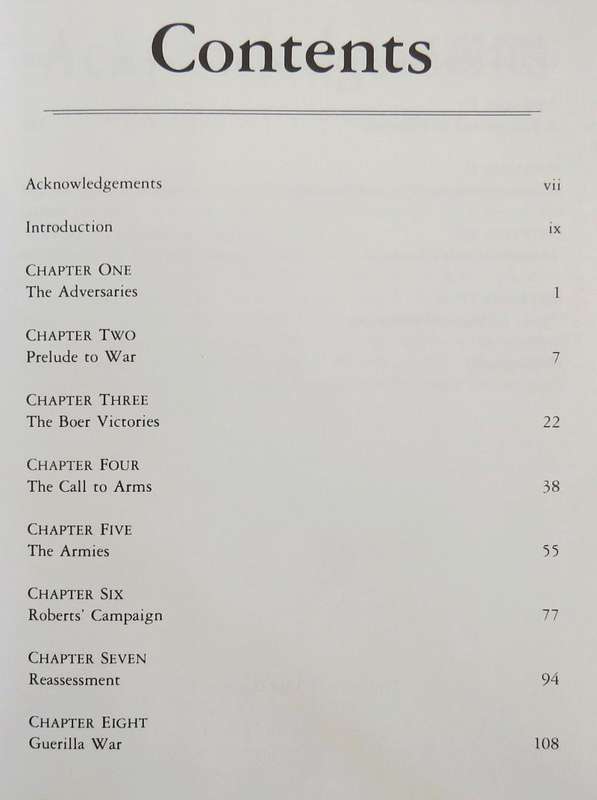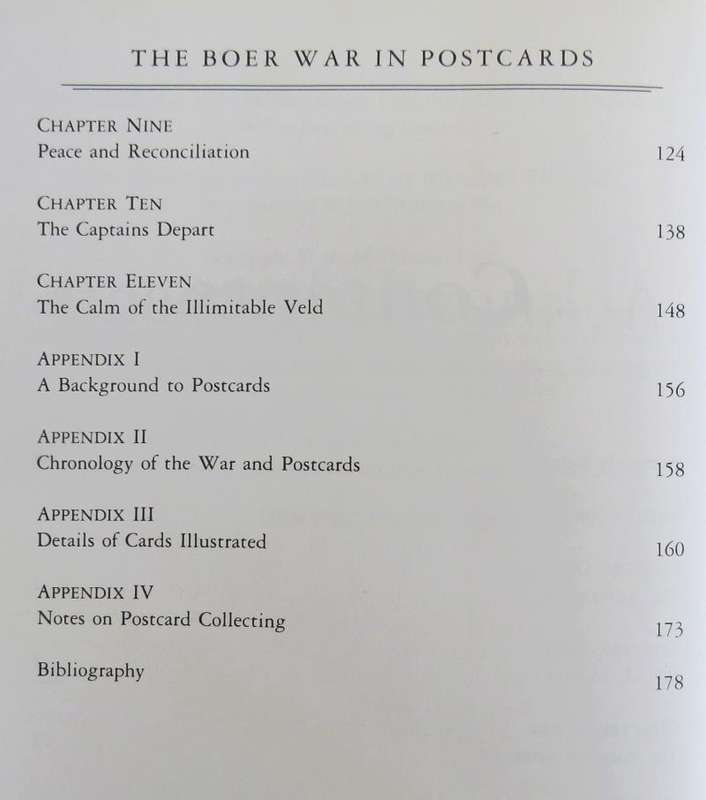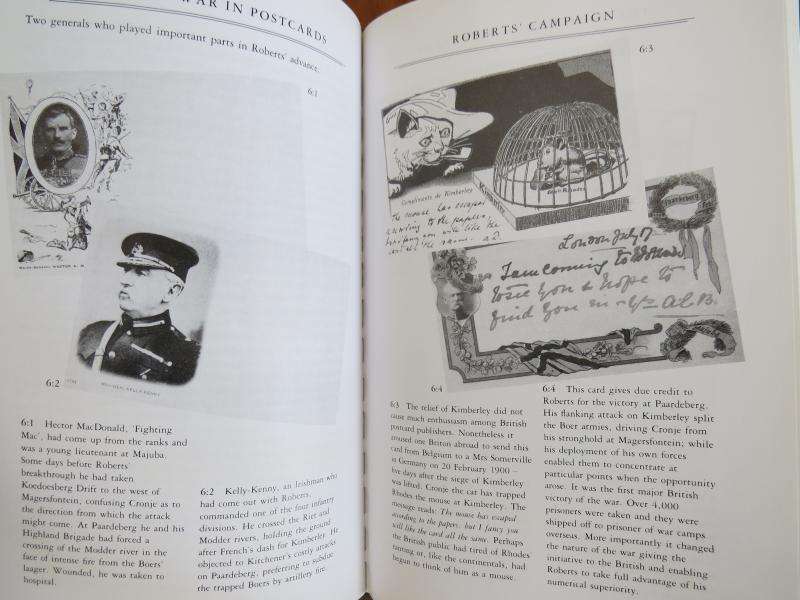The Boer War in Postcards provides a unique record of the way in which the war was perceived by the people and countries involved in the conflict of 1899-1902. Postcards had only recently come into general use, particularly in Britain, and they caught the public imagination as a means of expressing their opinions on the situation as it unfolded before them.
The cards mirror the events of the war; the British ones full of patriotic fervour and popular enthusiasm being in marked contrast with those produced on the Continent, where French, German and Dutch publishers strongly supported the stand of Kruger and his Boers against British `imperialism. The reader can follow many of the incidents and battles of the war and appreciate just how differently episodes such as Mafeking and Ladysmith were viewed on each side of the rift.
The postcards laugh at failures; lampoon the politicians, particularly Joseph Chamberlain whose distinctive style of dress made him the perfect target for cartoonists; while at the same time heralding the downfall of some but making heroes of others, notably two men who were later to achieve fame for widely differing reasons Baden-Powell and Kitchener and glimpsing the young Winston Churchill, they also make it possible to learn something of the prejudices and arguments that divided the antagonists.
Postcards dating from the Boer War were among the first British cards to be mass-produced and, as such, they are not only of particular interest to postcard collectors, but stand as valid historical documents in their own right.















